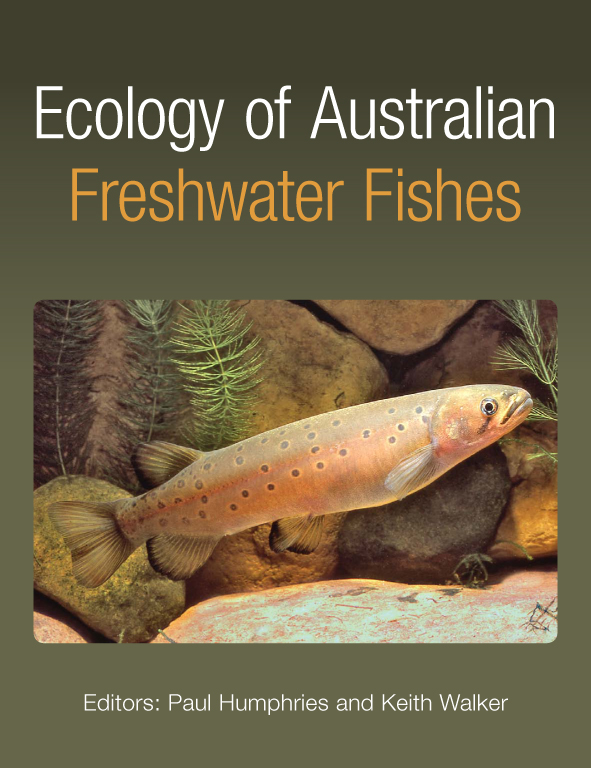The salamanderfish doesn't have thousands of acres of habitat, that's why it's endangered.Whoops, will edit that. I thought it was thousands of acres of salamanderfish habitat. I misread it, and I will fix it. What happened at K'gari (Fraser Island), and what fish live in that island?
During the pandemic there was a bushfire on Fraser Island and it burnt half the island. The government departments that are in charge of it and in charge of fire management in Queensland decided to just let it burn for over 6 months. I literally destroy half the trees on the island and turned it to ash. The ash polluted the lakes and the loss of trees meant fewer areas for birds to live in. The areas that were protected from fire were around the major tourist spots.
Fraser Island has a number of species of freshwater fishes (Rhadinocentrus ornatus, Pseudomugil mellis and a few other fish like gudgeons and hardyheads), and various shrimp and freshwater crustaceans, as well as a number of freshwater turtles. Most of the organisms living in the waterways on Fraser Island are found nowhere else on Earth. The Rhadinocentrus ornatus (rainbowfish) are found on the mainland Australia but they are a different colour. Pseudomugil mellis is found on Fraser Island and mainland Australia but they have been separated for thousands of years and are considered to be a threatened species.
Another issue on Fraser Island is the sand dunes move constantly and they are slowly filling up the freshwater lakes on the island. When the fires destroyed the trees, the wind had more access to the sand and the lakes have been getting filled in by sand much faster since there are no trees to slow the wind. This means the fish, shrimp, turtles and other things living in the lakes will disappear sooner than if the trees hadn't been destroyed.
Fraser Island is a National Park and nobody is allowed to take freshwater fish, shrimp, turtles, plants or anything off the island to try and breed them in captivity.



